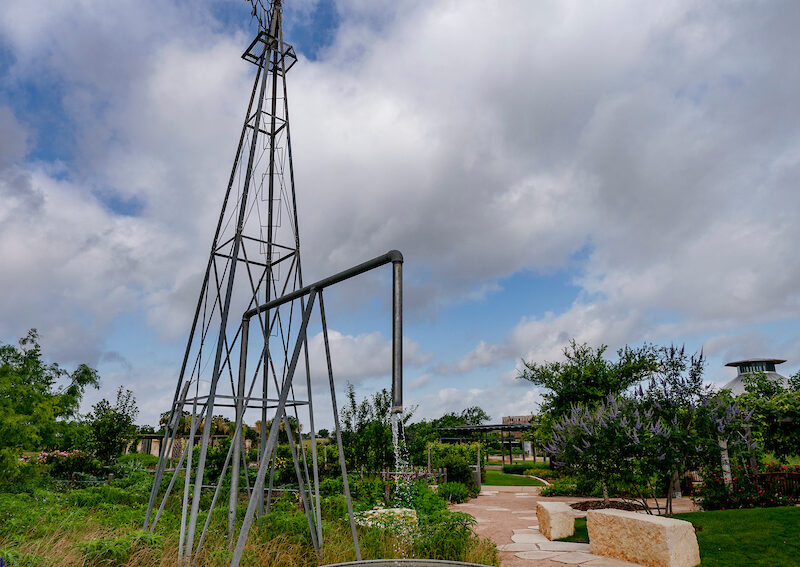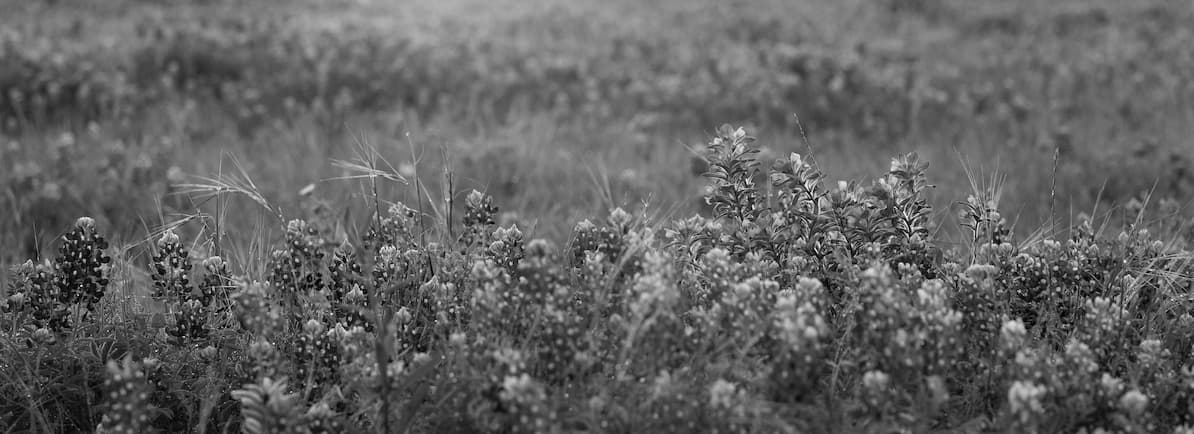Water
Water is one of Texas’ most critical natural resources, so maintaining the health and sustainability of the Texas water sources and aquifers is vitally important. Our educational resources and regional experts teach Texans about water conservation, management and quality while protecting the state’s rivers, streams, lakes, bays and oceans.

Rainwater Harvesting
This program educates the public about rainwater harvesting and other water-related issues so that we can have a sustainable water supply for generations to come.

Learn About
Water
Publications
Programs
Courses
All Resources on Water
- Publication
This publication is a guide to finding the many resources available to help managers of small water systems in Texas. Details are provided about sources of financial assistance, tools for capacity building, training programs, and educational resources. (6 pages)
- Publication
Knowing how to set the proper rate for water service is a challenge for small water systems. They must generate enough revenue to remain solvent but offer affordable service. This publication describes the various types of rates and explains in detail the many resources that are available to help managers of small water systems make […]
- Publication
Drinking water in Texas sometimes contains potentially harmful chemicals, including benzene. This publication will help teach well owners how to treat their well water to remove these chemicals. (4 pages)
- Publication
This publication aims to help beef producers protect Texas waterways from contamination that is associated with the production of livestock, and that may pose a health risk to Texas citizens. It includes best management practices for keeping bacteria, sediment, nutrients, and pesticide runoff out of waterways as well as preventing the loss of water and […]
- Publication
This publication aims to help dairy producers protect Texas waterways from contamination that is associated with the production of livestock, and that may pose a health risk to Texas citizens. It includes best management practices for keeping bacteria, sediment, nutrients, and pesticide runoff out of waterways as well as preventing the loss of water and […]
- Publication
This publication aims to help horse owners protect Texas waterways from contamination that is associated with livestock, and that may pose a health risk to Texas citizens. It includes best management practices for keeping bacteria, sediment, nutrients, and pesticide runoff out of waterways as well as preventing the loss of water and topsoil. (80 pages)
- Publication
This publication aims to help farmers and ranchers protect Texas waterways from contamination that is associated with feral hogs, and that may pose a health risk to Texas citizens. It includes tips on recognizing feral hog signs as well as best management practices to reduce bacterial contamination in waterways. The practices fall into three general […]
- Publication
This publication is designed to inform readers about the threats of pharmaceuticals and personal care products on water quality and the steps to be taken to properly dispose of unwanted medications. (4 pages)
- Publication
If your drinking water smells like rotten eggs, it contains hydrogen sulfide. This leaflet discusses how hydrogen sulfide is formed and how to correct the problem. (6 pages)
- Publication
Irrigation water quality is determined by the total amounts of salts and the types of salts the water contains. In this publication, you'll learn why well water can be salty, what problems salty water can cause, what tests should be done on irrigation water, and how to manage salinity. (3 pages)
